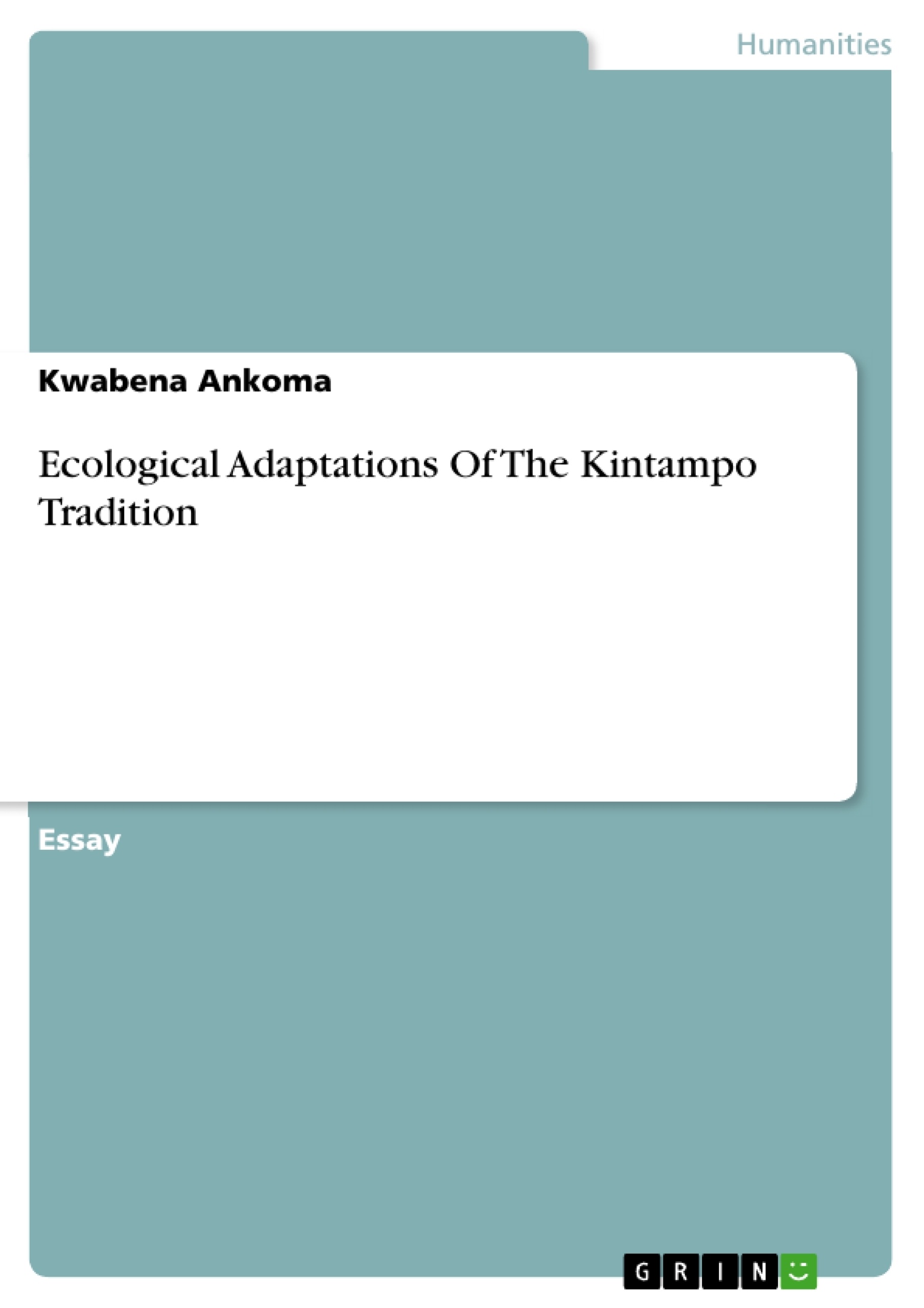Abstract or Introduction
The Kintampo tradition of Ghana (3600-3000 BP) as described is associated with the earliest manifestations of figurative art, personal adornment, semi-sedentary "village" settlements and food production in the Late stone Age (L.S.A) of the savannah forests of West Africa. These societies were spread through the whole of Ghana from the coast to the northern part of Ghana. They were located at Mumute, Bonoase, Boyase hill, Birimi, Ntereso, Christian village, K6, B sites, Kpiri, Buoho and Gambaga. It should however be noted that detail research have been done in only a few sites.
Before the advent of the Kintampo tradition, there was the Punpun phase (originally called Buobini) which preceded the Kintampo tradition. The Punpun phase consisted of late Stone Age (L.S.A) societies who sparsely inhabited the whole of Ghana. These societies subsisted based on hunting and gathering of food and were also mobile. Due to their mobility there is the absence of non-portable artifacts like grinding stone and the rarity of ceramics.
- Quote paper
- Kwabena Ankoma (Author), 2012, Ecological Adaptations Of The Kintampo Tradition, Munich, GRIN Verlag, https://www.grin.com/document/889365
Publish now - it's free






















Comments